Habitat's Legislative Priorities for 2024
Minnesota’s 2024 legislative session starts on February 12, and Twin Cities Habitat is ready to dive in to advocate for affordable homeownership....
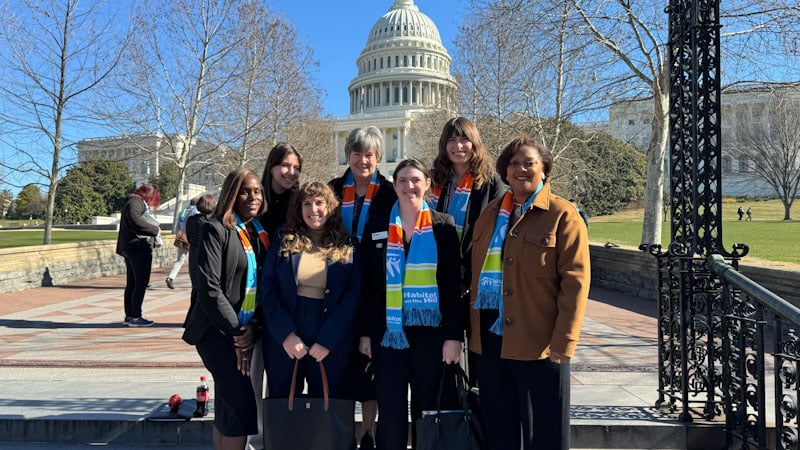
Every year, Twin Cities Habitat for Humanity goes to Washington, DC for Habitat on the Hill. We meet with affiliates from across the country, share strategies and policies with one another, and advocate for affordable homeownership at the US Capitol. This year we had a great time in DC, and our team was able to bring six staff members in addition to Twin Cities Habitat Homeowner LeAndra Estis. We met with the offices of five Representatives and our two Senators who influence our work greatly.
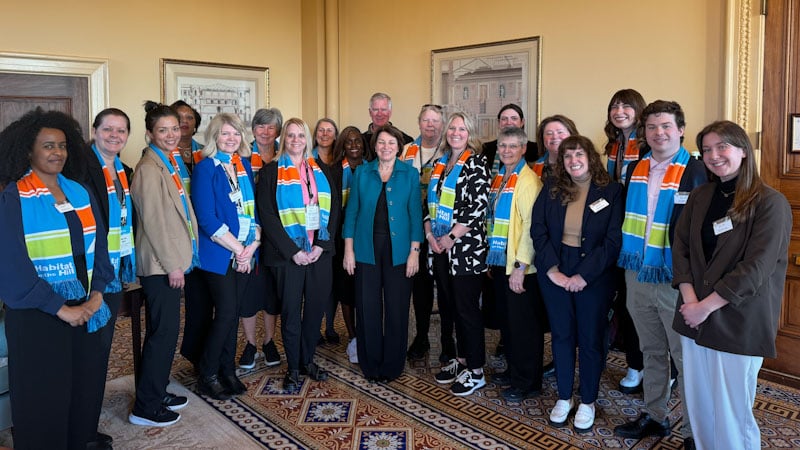
Habitat advocates from across Minnesota meet with Minnesota Senator Amy Klobuchar.
Advocacy means many different things to our team and happens across many different levels. While we rely on strong partnerships with city, county, and state entities, the federal government has a profound impact on the levels of funding available to these bodies. As such, advocating at the federal level is crucial to helping us deliver safe, affordable, and quality housing to the communities we serve. We do this by asking our congressional members to preserve and increase certain funds in the fiscal year 2025 budget, and there are three programs that are particularly important to us:
Additionally, we urged our congressional members to support the Neighborhood Homes Investment Act (NHIA). This would use federal tax credits to spur investment in building and rehabilitating homes for low- and moderate-income households. As housing costs rise, Twin Cities Habitat leverages every dollar available to make development possible, and the NHIA would provide us with another critical and innovative source of funding needed to achieve this.
We are incredibly grateful to share these requests with our Representatives and Senators, and even more excited that they were receptive, engaged, and largely supportive of our asks. It was clear to us that members are aware of the impact that Habitat can have on our communities when given the chance, and we were glad to build upon strong partnerships with our lawmakers.
Aside from talking about our legislative priorities, advocacy is an opportunity for homeowners to tell their stories face-to-face with elected officials and convey how these programs have impacted their lives and families. For one of our homeowners, LeAndra, meeting with congressional members felt “wholesome, like your needs and wants are being heard.” It was also a chance for her to be an example to lawmakers of the community members they represent:
“You know, you’re really serving real people here – people that look like you, people that don’t look like you, people that come from different backgrounds, you got to see that in front of you," she remarked.
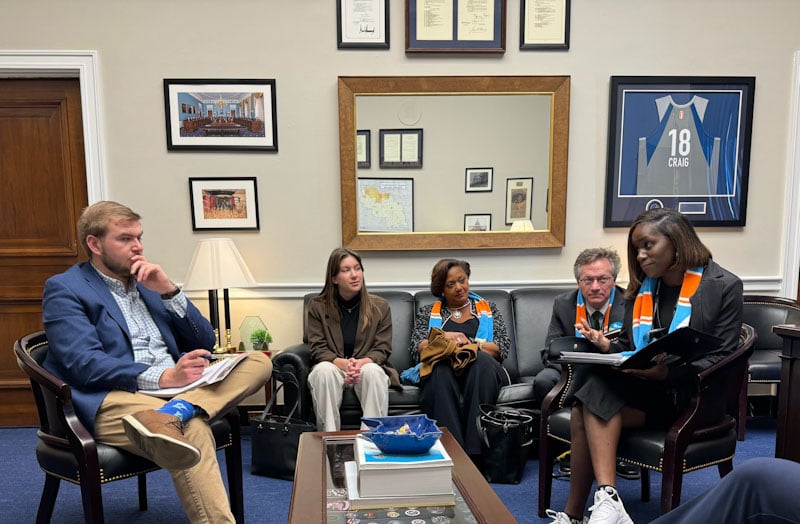
LeAndra (right) and other Habitat advocates speak with staff from Representative Angie Craig's office.
We’ve seen that individual stories speak louder than anything else we could relay, so we ae grateful to have someone so passionate to convey what homeownership has meant for them. LeAndra shared with members and their staff her journey transitioning from different kinds of rental housing before she bought her home with Habitat in 2019, and the transformation it has provided for her and her three kids. While everyone’s story is unique, LeAndra’s experience of improving the financial stability, education, and wellbeing of her family is shared among many Habitat homeowners:
“I’m just one person speaking out, but I see that my story is not just my story. It now becomes everybody’s because in some way, shape, or form, everybody can relate…Years from now these congressional members might see someone in a similar situation, look back, and remember what I shared."
After DC, we make sure to follow up with congressional offices to maintain good communication going forward while we wait and see how the appropriations process turns out. In the meantime, we’re still busy with advocacy on our local and state levels. This includes moving forward our state legislative agenda, as well as preparing for Habitat on the Hill Minnesota. This free event on April 18 is a great way to make an impact in your community, and it’s open to everyone! We will provide training on how to effectively advocate with legislators to advance affordable homeownership, so there’s no need to have prior experience. Register below or check out our landing page for more information.
Can’t make it? No worries! You can find other opportunities to get involved by signing up for Action Alerts from our Government Affairs team.
Your gift unlocks bright futures! Donate now to create, preserve, and promote affordable homeownership in the Twin Cities.
.jpg)
Minnesota’s 2024 legislative session starts on February 12, and Twin Cities Habitat is ready to dive in to advocate for affordable homeownership....
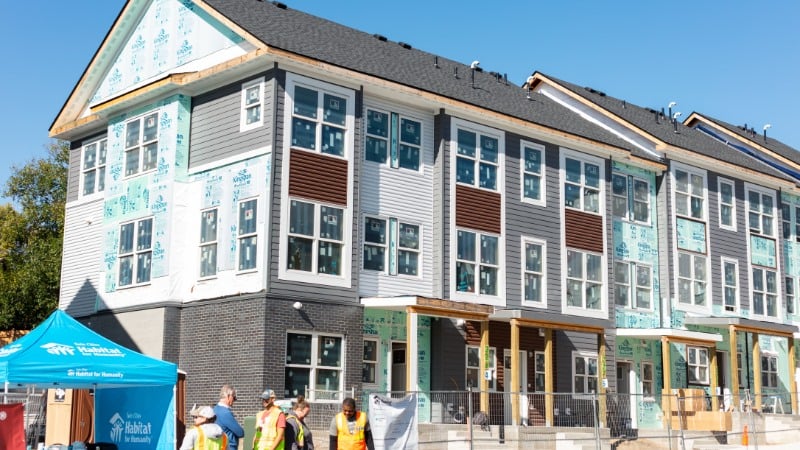
Guest blog by Sydney SchulzProject Funding Associate
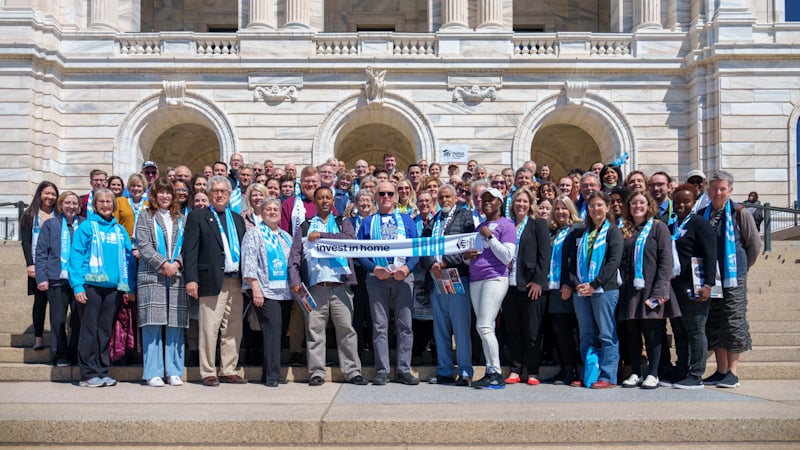
What do you think about when you hear the word advocacy? For some people, advocacy might sound broad, unfamiliar, and even intimidating. Twin Cities...